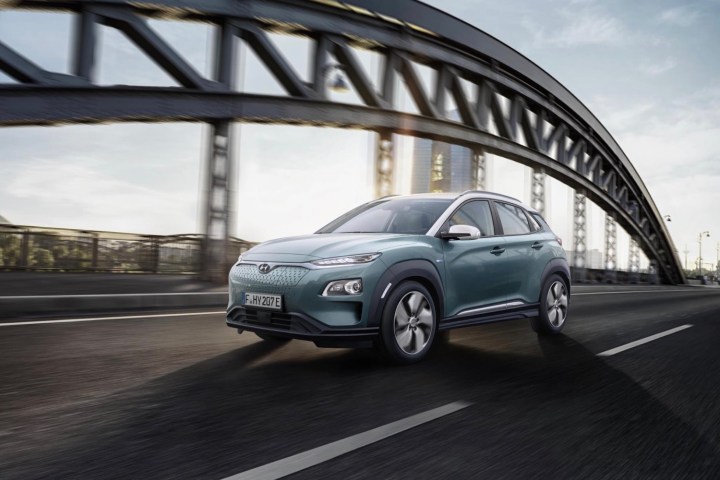
The European Union (EU) is going to significant lengths to promote electric vehicles over their gasoline- and diesel-powered counterparts. This strategy is working in some countries, where the number of registration requests for new electric cars is on the rise, but it has completely flopped in others. The deciding factor is often how wealthy each nation is, according to a recent study.
Data compiled by the European Automobile Manufacturers’ Association (ACEA) shows the European countries with the highest number of electric cars are also the wealthiest. The study found that every country where the market share of electric cars lingers below 1% has a per-capita GDP of under 29,000 euros (about $32,500). The list includes Poland, Greece, Italy, Spain, and Estonia.
Conversely, the countries with the most electric cars are also the wealthiest. ACEA’s data shows the market share of electric cars exceeds 3.5% only in countries whose per-capita GDP is 42,000 euros (about $47,000) or higher. Though it’s not part of the European Union, Norway leads the European market when it comes to electric car adoption. In March 2019, 58.4% of the new cars sold on the Norwegian market were powered only by electricity; its per-capita GDP also checks in at about $75,000.
The study reflects the fact that developing an electric car remains more expensive than designing a gasoline-powered model, and making the components of its drivetrain(notably the battery pack) is a cost-intensive process. To add context, the gasoline-powered Hyundai Kona starts at 17,730 euros (about $20,000) on the German market. Buyers who want to put the electric variant of the same car in their garage need to spend at least 34,600 euros (nearly $39,000) before incentives enter the equation. While electric technology is expected to get cheaper over the coming years, it’s going to take some time before an electric model cost as much as (or less than) a comparable car powered by an internal combustion engine.
ACEA concluded European governments need to allocate more money to incentive programs if they want to give every motorist regardless of nationality equal access to an electric car. “The affordability of the latest low- and zero-emission technologies needs to be addressed by governments as a matter of priority,” it wrote.
Looking at statistics for the United States paints a slightly different picture. Research carried out by Digital Trends shows that, unsurprisingly, California is the state with the highest number of electric cars. It’s also the state with the highest GDP. New York, Washington, and Florida take the second, third, and fourth spots respective. Ranked by GDP, they’re positioned third, fourth, and 10th, respectively.
Editors' Recommendations
- Fake engine noises in electric cars need to die
- Genesis Neolun concept is an electric SUV inspired by tradition
- Mercedes’ electric eSprinter isn’t just greener, it’s better
- Kia reinvents the van with its electric Platform Beyond Vehicles
- Tesla Cybertruck: rumored price, release date, specs and more



